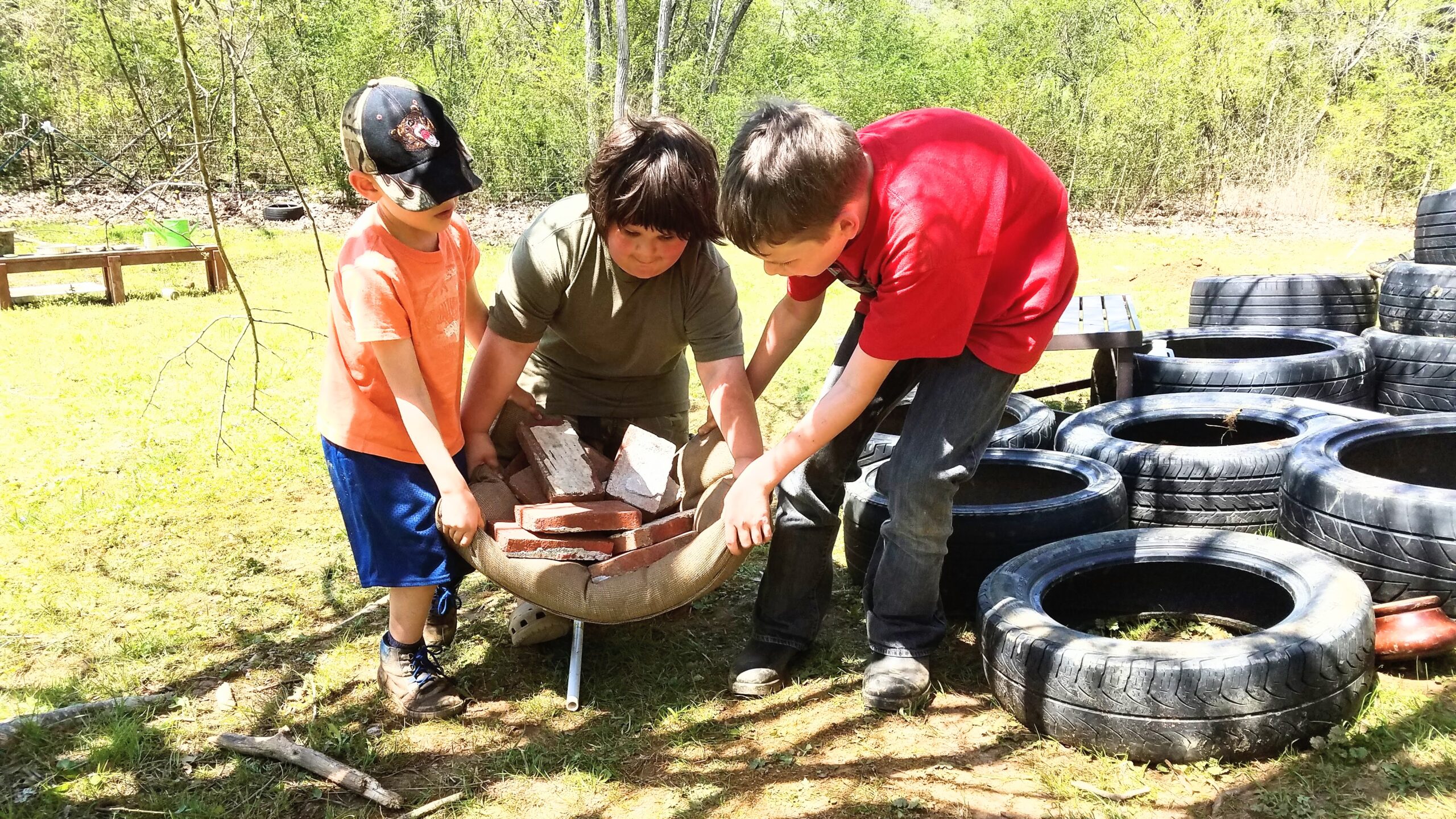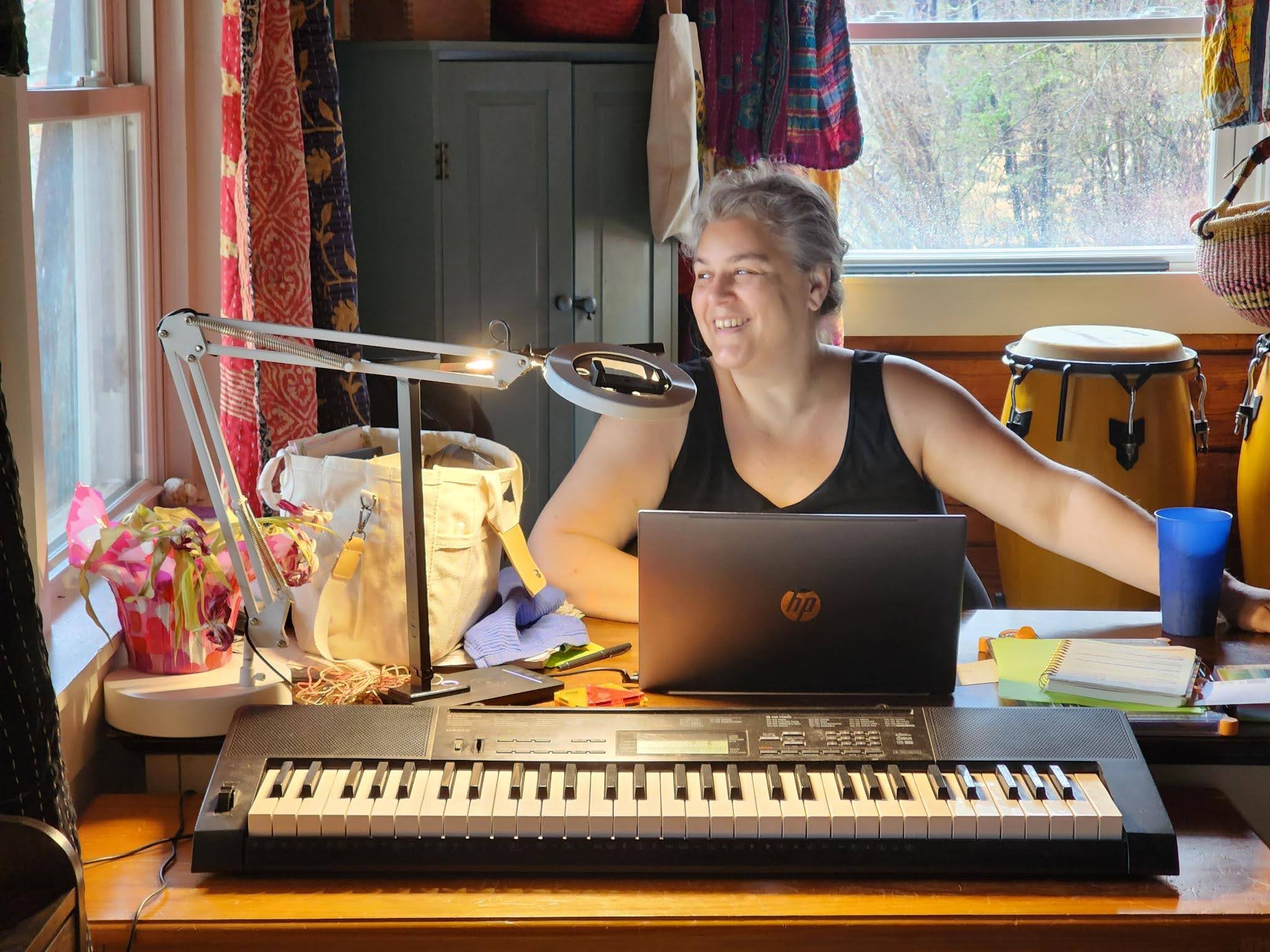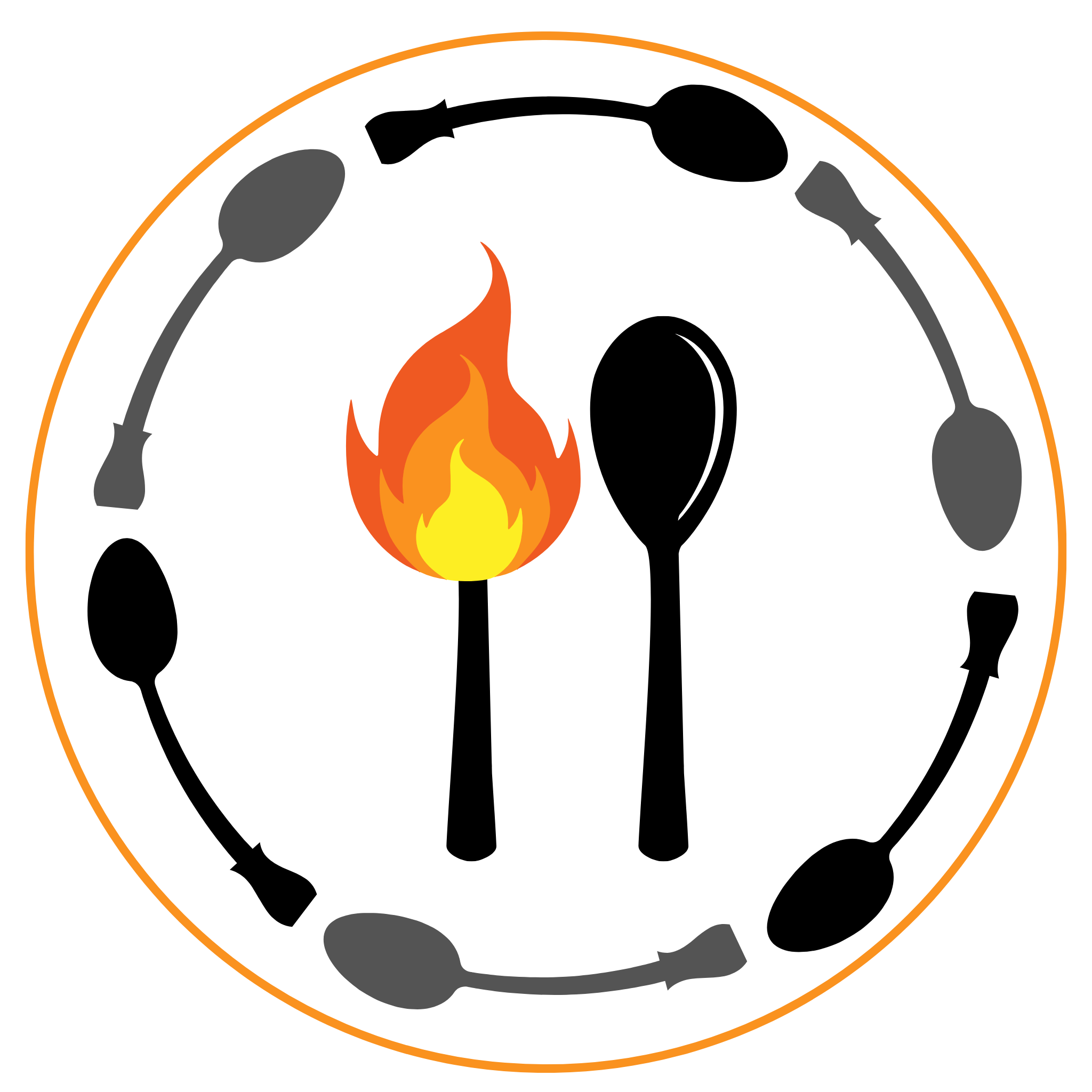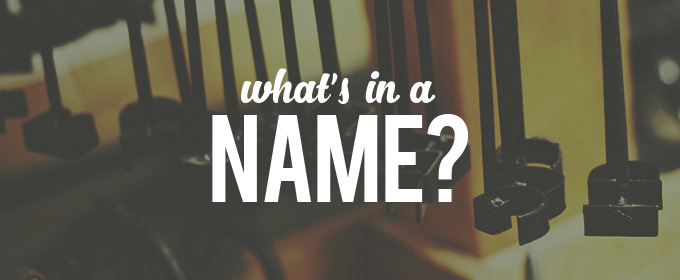
WPW Spring 2024 Membership Agreement
Days and Hours: The 2024 Spring Session runs from April 2nd to June 11th, every Tuesday from 11am to 3pm.
Program Fees: The 2024 Spring Session is $220 for the first child and $110 for each additional sibling, payable in advance.
Pickup: Only people authorized on record by the parent/legal guardian may pick up a child. Please let us know ahead of time if you will be arriving late.
Inclusivity: We are welcoming to families of all races, ethnicities, nationalities, gender identities, sexual orientations, socio-economic backgrounds, religions, abilities, and neurodivergences. We promote an inclusive space that recognizes and appreciates all people.
Attire: Children must wear secure shoes while they are in Wild Play Woods. Children should be dropped off in clothing appropriate for the expected weather. We keep rain ponchos available for surprise rain. Let us know if we can help provide you with any other needed attire.
Preparing for Messiness: Children may end their days here dirty, sweaty, wet, muddy, or covered in art supplies. Please do not ask your child to “stay clean” while they are here. Parents may wish to arrive for pickup with a change of clothes, towels, or other cleaning materials.
Bug spray & Sunscreen: If you want your child to wear bug spray or sunscreen, please apply it before they start their day here. We keep bug spray and sunscreen on hand to apply as needed/desired by the child if you have indicated permission for these on the waiver.
Food & Water: Drinking water and cups are available at all times. Children are welcome to bring their own food and drinks. When packing food, please make an effort to reduce disposable packaging, which helps us with trash control. We cannot guarantee that personal containers will stay in good condition or keep from being lost.
Toilet Needs: We have a bucket-style composting toilet inside a privacy tent. Staff will help familiarize children with how to use it.
Personal Items from Home: Children are welcome to bring toys and other personal items with them. We cannot guarantee that these items will stay in good condition or keep from being lost. There is an area where children can put personal items that they wish to have nearby but out of reach of other children.
Personal Electronic Devices: Children should not keep personal electronic devices with them in Wild Play Woods since these items have a high chance of being lost or damaged. If they need a device nearby for communicating with parents, we have an area for storing these items to keep them safe.
Risky Play: Children at Wild Play Woods can choose to engage in risky play that may include running, climbing, rolling down hills, exploring alone, throwing rocks, play-fighting with sticks, rough-housing, fire-building, and using tools such as hand saws. Children are encouraged to assess situations and use their own judgement. They are never pressured to take risks. Staff continually evaluate individual children and the group as a whole to decide whether and when certain activities will be available.
Values: During our days at Wild Play Woods there are 5 values that we actively encourage with all members.
- We are awesome! We see each other as awesome individuals and actively lift each other up.
- Teamwork. We work together to help each other reach our goals.
- Trying and trying again. We encourage experimentation and have fun making mistakes.
- Speaking up. Children are encouraged to share their goals, their feelings, and to speak up if anything seems wrong.
- Consent. Each individual belongs to themselves. We encourage asking first before touching someone or taking something from them. We give people space when they need it.
Conflicts: Conflicts between children (even very heated, emotional ones) are a normal part of childhood development. Wild Play Woods staff do not automatically intervene or mediate conflicts, allowing children the opportunity to problem-solve at their own pace. Rough-housing and other creative, physical types of play are allowed but lashing out in anger is not. Playful debate (including strong language) is allowed but mean-spirited teasing or name-calling is not. When needed, staff will assist the children in communicating with one another and reaching consensual agreements that make our time enjoyable for everyone. We distinguish between peer conflict and bullying. Peer conflict is occasional or accidental conflict between friends or children of equal power where the intensity of emotions is equal. Bullying is repeated actions meant to intentionally provoke when there is a power imbalance between children. If a child repeatedly makes our space unsafe for other children, they may be removed from the program.




